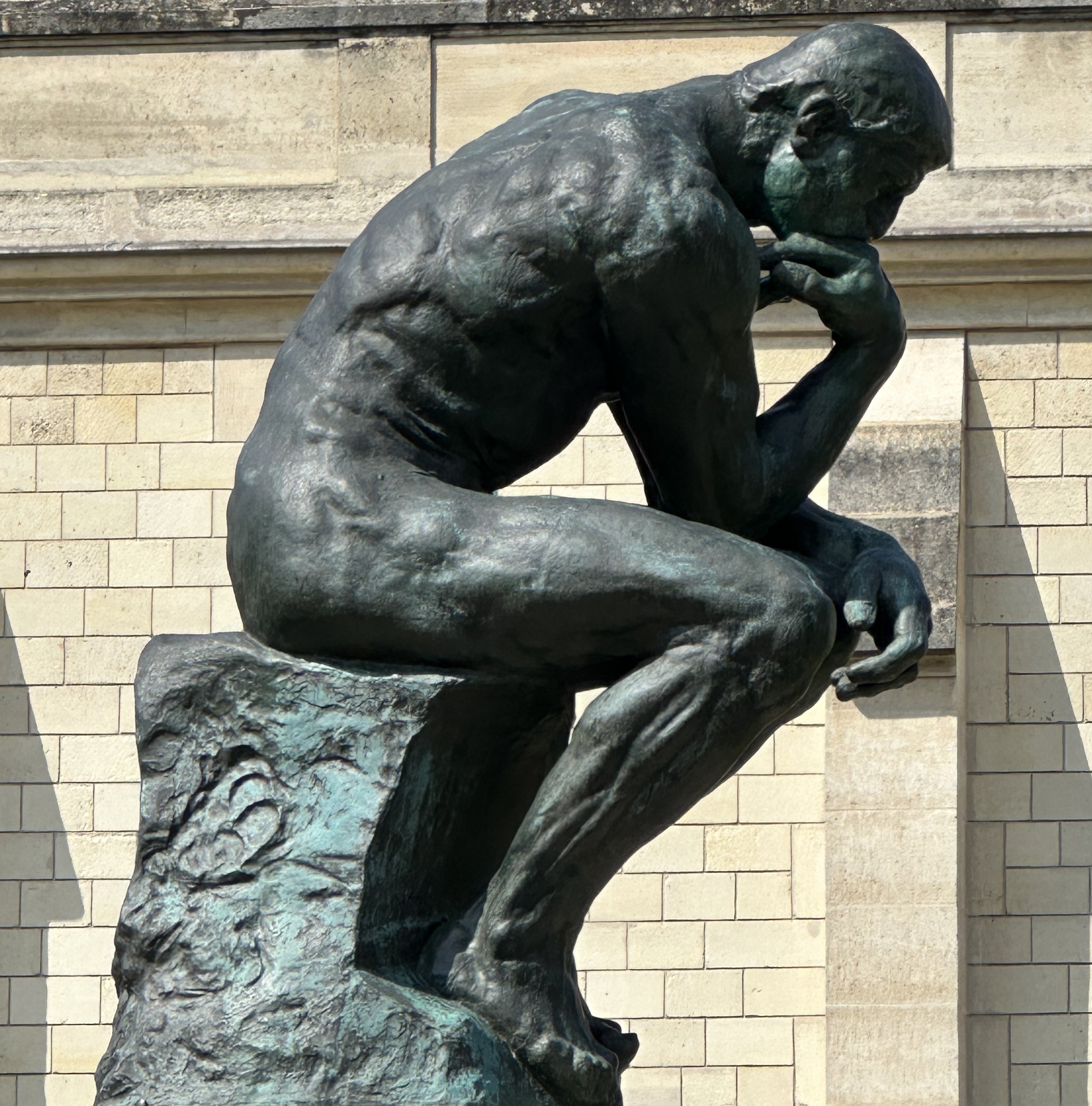Despite its low status in the American cultural firmament, philosophy, as thinking about thinking (and about the higher-order domains of knowledge, reality, and value) is important. As I argue in Inside the Liberal Arts, it’s the historic, and in many ways the conceptual, anchor of all systematic learning, and the wellspring of many of those other disciplines. In recent centuries, for example, it has given birth (largely or wholly) to economics, political science, sociology, psychology, and linguistics.
But along with philosophy’s central and generative role on the shifting and often blurred map of human inquiry comes perhaps an equally unique responsibility. Philosophy needs to be both assertive and humble about its role.
We don’t all have to study philosophy (perish the thought) to become critical thinkers. Indeed, one could argue that philosophy is unique in that its real value is mainly for those who don’t study it exclusively; it is useless if it merely churns out philosophers without speaking to others and teaching them to be better thinkers.
To the extent that it is a self-contained conversation among the elect, philosophy serves no wider purpose. This is obviously not the case for biology or computer science or astrophysics, for example. Many people benefit indirectly from the fact that a relative few are knowledgeable in those fields. The same is true, if in less obvious ways, for economics, psychology, and history. We even benefit from the existence of literary scholars and art historians, whose deeper understanding leaks or radiates into the culture beyond the mere self-replication of passing their knowledge on to graduate students.
Philosophy, on the other hand, has no discernible benefit for mankind if it remains a closed professional community of wise people sharing abstract ideas and reproducing itself. (Of course it does much more than that). It can, and it must, find common ground with non-philosophers, and with students who take the insights of philosophy in other directions.
To a greater extent than other fields, philosophy is sterile when practiced as a closed system within a small and defined community of scholars. And it’s not enough for students or lay scholars to remember that Kant talked about the Ding-an-Sich or that “cogito ergo sum” was something or other relating to Descartes. Philosophy, like no other discipline, must reach beyond itself. (The Internet has proven an excellent way for philosophy to do that).
Inside the Liberal Arts might be considered a kind of exercise in helping people to reach back to philosophy: to think systematically, rigorously, and at the same time playfully, as philosophers do at their best. To think broadly, deeply, and clearly – if possible, all at once.
Philosophy may or may not “progress” beyond where it is today; there may not be room for radically new ways of thinking abstractly. That shouldn’t surprise us because, while there’s much to think about, there are not infinite ways of thinking rationally about any given thing.
But that said, philosophy will never become outdated or run its course, unless we humans give up thinking altogether (good luck with that) or give it over to artificial intelligence (even worse). We will always have rising generations that need to learn to think, starting from exactly where we started. Philosophy will always have that job: to study knowledge, identify new forms of knowledge and ways of inquiry, and to teach thinking.
So we shouldn’t exalt philosophy beyond the role proper to it. The advancement of the human race (or even its resistance to decline or collapse) doesn’t depend on philosophy. We don’t have to become philosophers or steer our children toward it as a profession. Philosophy is “all talk.” So is democracy, and so is humanity for the most part. But we dismiss it, or diminish its role, out of ignorance and at our peril.

